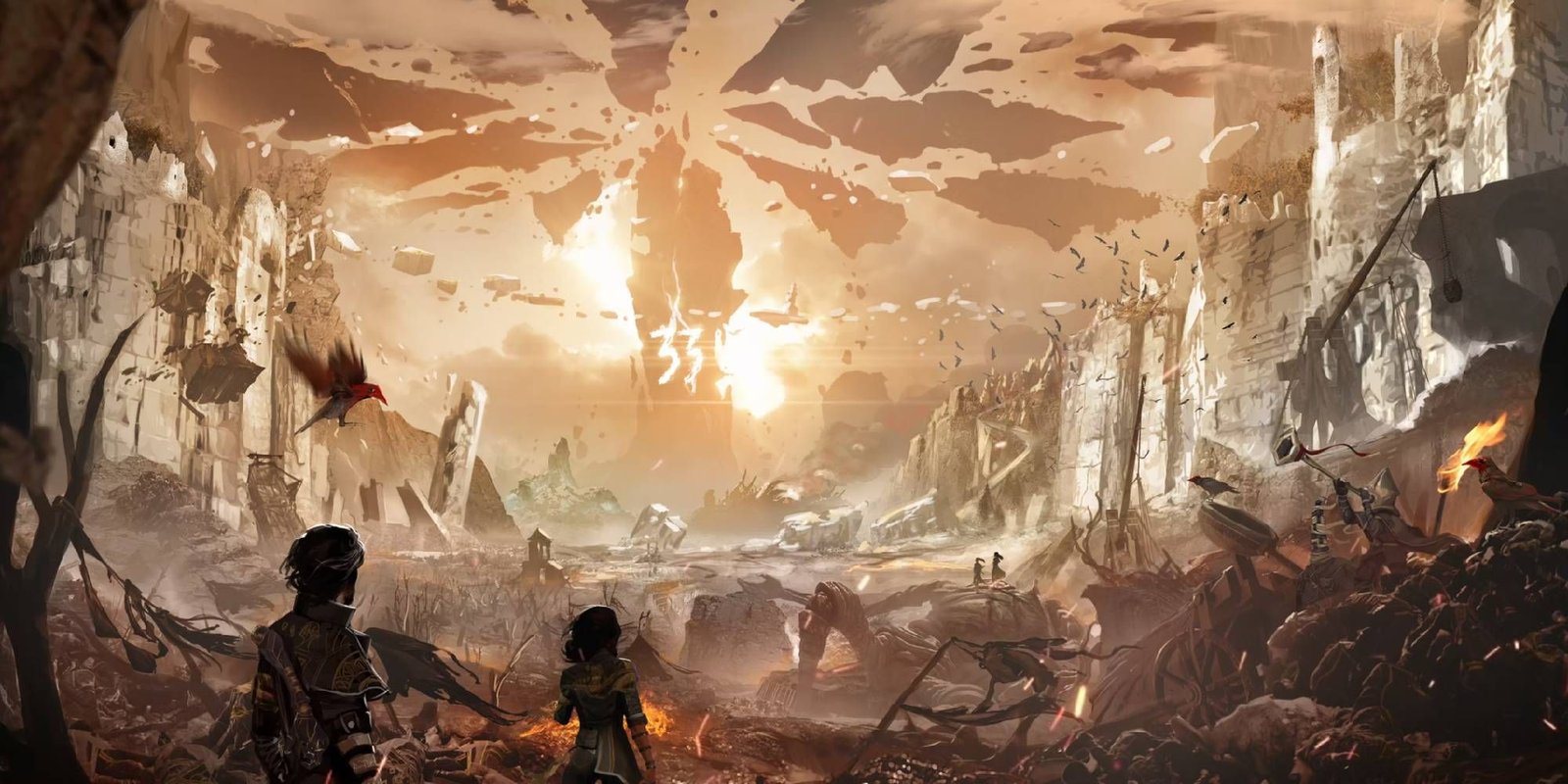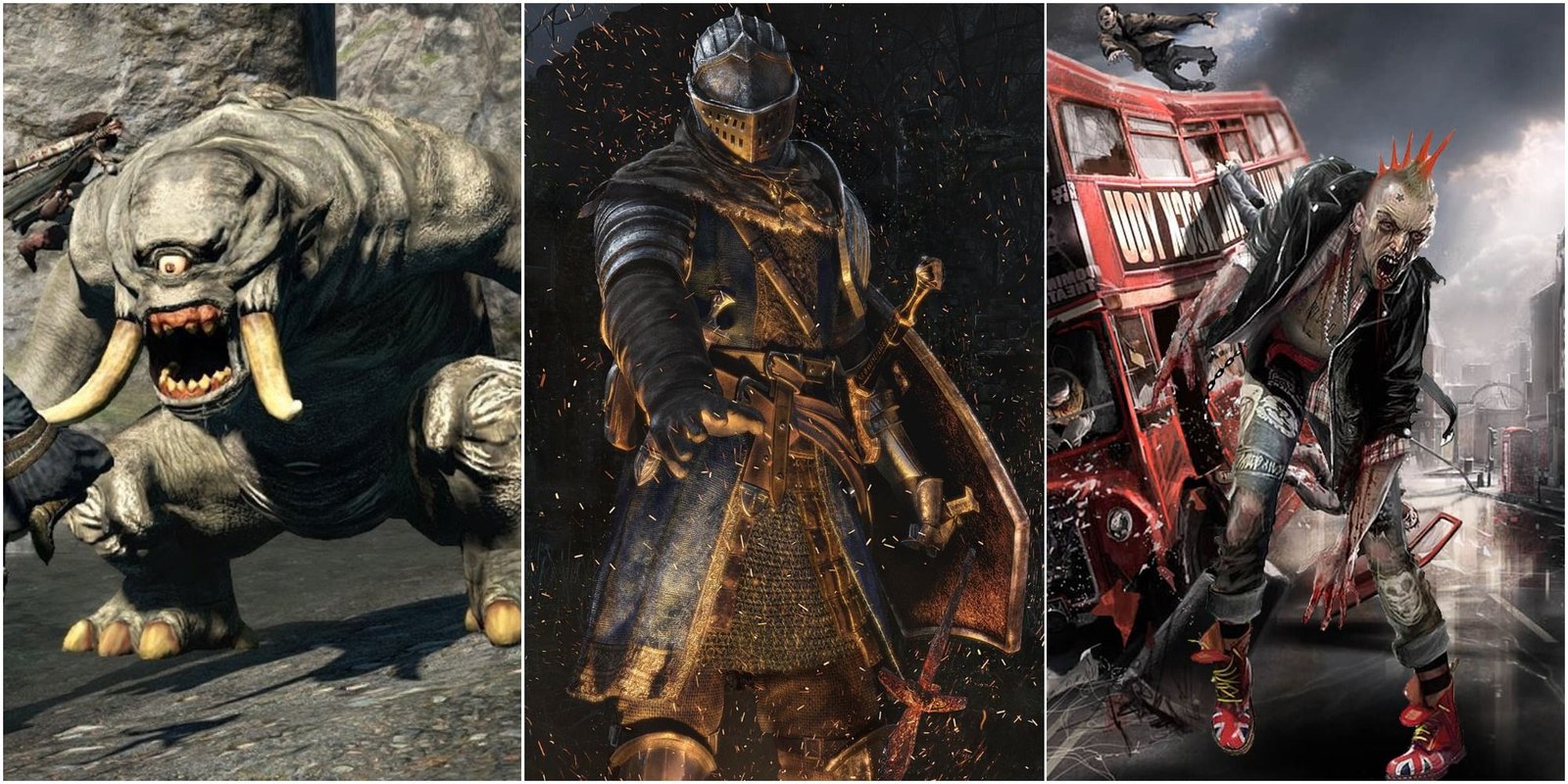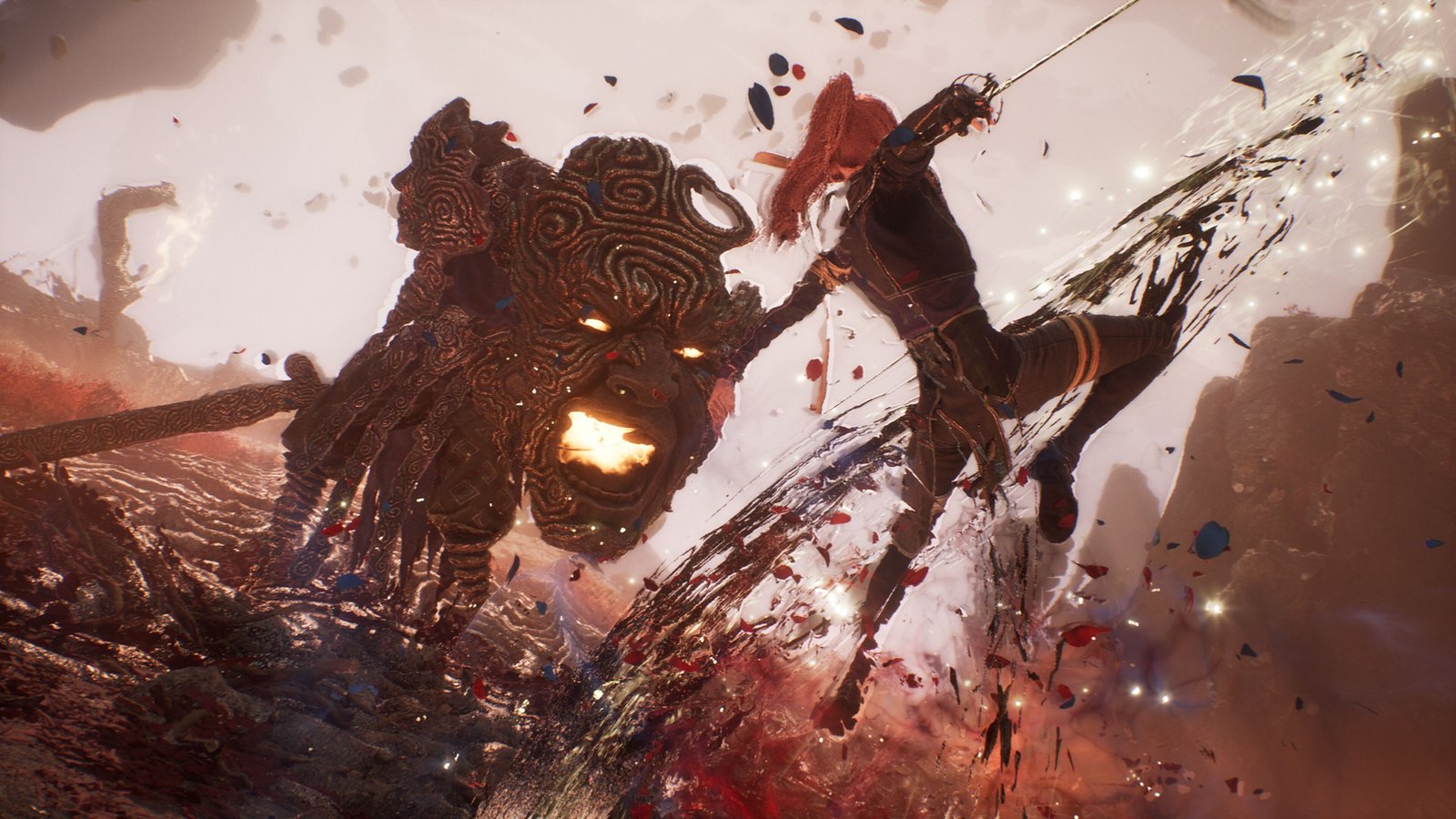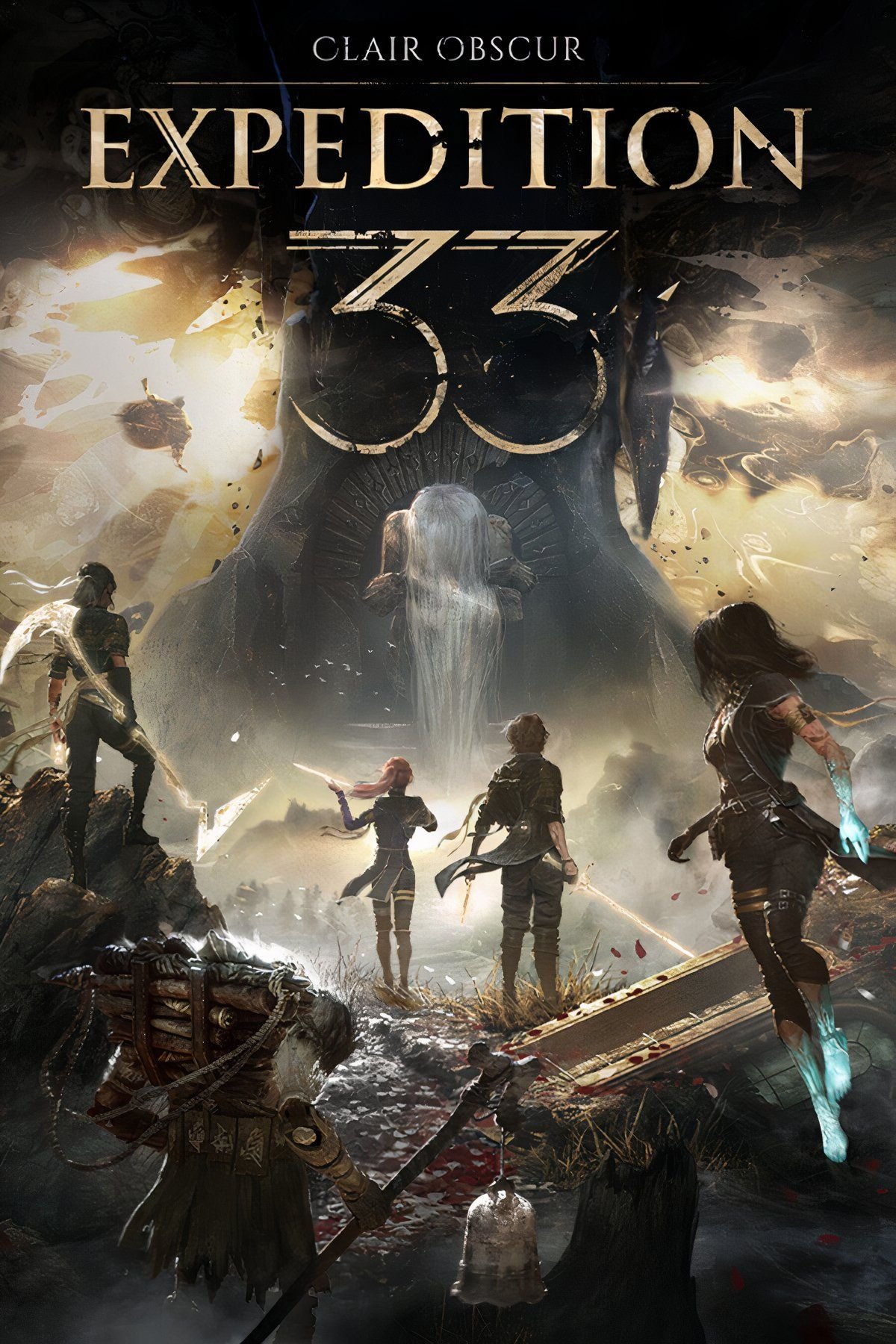Trust me, I know how annoying I’m being with that headline. If I could give myself a swirly right now I would, but I can’t reach the handle with my head stuffed all the way down in the toilet bowl (not that I’ve tried or anything).

Related
Clair Obscur: Expedition 33’s Prologue Teaches Us How To Die
How will you face the end when your time comes?
But it needs to be said – if for no other reason than to do what I can to attract a wider audience to this exceptional game – Clair Obscur: Expedition 33 is the Dark Souls of turn-based RPGs. I’m going to spend the next 800 words or so explaining why, but if that pitch was enough to get you to try out Expedition 33, you have my permission to skip the rest of this article, just this once.
What Even Is A Soulslike Anymore?
Yes, my contemporaries have been guilty of overusing Dark Souls comparisons ever since it became the genre du jour. There are countless Soulslike games out there that copy the mechanics of Dark Souls – often to a T – but comparing other action games to Dark Souls just wasn’t enough for us. As parts of the FromSoftware formula started spilling into other games, virtually anything could be considered the Dark Souls of its genre.
Remnant: From the Ashes? That’s the Dark Souls of third-person shooters. Cuphead was hard, especially for a certain GamesBeat journalist, so now it’s the Dark Souls of run and guns. I’ve heard Don’t Starve is the Dark Souls of survival games and Blasphemous is the Dark Souls of Metroidvanias. Or was that Salt and Sanctuary? I think we’re going to need a new name for this sub-genre, let’s drop the -vania and just call them Metroidouls shall we?
Does being hard make a game the Soulslike of its genre? Is it about sharing similar mechanics, like campfires, perfectly timed dodges, and flasks? To inspire a comparison to Dark Souls, can it just be any exploration-focused dark fantasy game with good world building?
We all know what a Soulslike is, but to claim something is the Dark Souls of its genre, it has to share more than mechanics, aesthetics, or a masochistic difficulty that takes practice and perseverance to overcome. Clair Obscur: Expedition 33 shares many of the hallmarks of a Soulslike, but that’s not what makes it the Dark Souls of turn-based RPGs.
Expedition 33 Reinvents A Tired Genre
There are plenty of obvious connections to Dark Souls in Expedition 33. The most obvious one is its campfire system, which are called checkpoints here. When you visit a camp you can heal your team by resting, which automatically refills your Chroma Elixirs (Expedition 33’s version of the Estus Flask) and allow you to spend the upgrade points you’ve earned to increase your characters stats and unlock new abilities. When you visit a checkpoint, all of the enemies in the world respawn. So far, so Dark Souls.
Expedition 33 isn’t nearly as punishing as Dark Souls though, since you won’t lose any experience if you die in combat.
The similarities are even more obvious in combat. Unlike most turn-based games, Expedition 33 allows you to dodge, counter, or jump over every incoming attack. These are difficult moves to time perfectly, but they’re essential to your survival. The active qualities of combat make Expedition 33 feel significantly more fast-paced than a typical turn-based RPG, bridging the gap in a way that’s reminiscent of Final Fantasy Remake by creating a brand new system that is both turn-based and active.
Final Fantasy 7 Remake is real-time action with turn-based systems, while Expedition is turn-based action with real-time system.
I could go on and on listing similarities between Expedition 33 and Dark Souls. It takes place in a fallen world inhabited by surreal and hostile creatures. It has a focus on exploration with lots of optional mini-bosses to fight and gear to find. Many fights require perfect timing, and it isn’t out of the ordinary to replay an encounter dozens of times before you finally get it. If it wasn’t a turn-based game, it would be a Soulslike through and through.
Expedition 33 is indeed very Dark Souls-like, but what makes it the Dark Souls of turn-based RPGs has nothing to do with the things it borrows from FromSoftware games, at least not directly.
Expedition 33 does for turn-based RPGs what Dark Souls did for action RPGs. It takes a familiar, well-worn genre and breathes new life into it, modernizing it and creating a new standard that every game that comes after it will inevitably be influenced by. Just as Dark Souls brought a level of precision and buildcrafting to third-person action that had never been fully explored, Expedition 33 injects a sense of immediacy, technical skill, and risk/reward to turn-based combat that feels so fresh and satisfying, it has the potential to change the genre forever.
It’s almost coincidental that so many of Expedition 33’s inventions feel Souls-y. It’s how the game reinvents the genre that makes it the Dark Souls of turn-based RPGs. It could have done that with any kind of approach, but it happens to be the case that Souls mechanics fit extraordinarily well in lots of different genres. If you think about it, Dark Souls is really the Dark Souls of video games.




